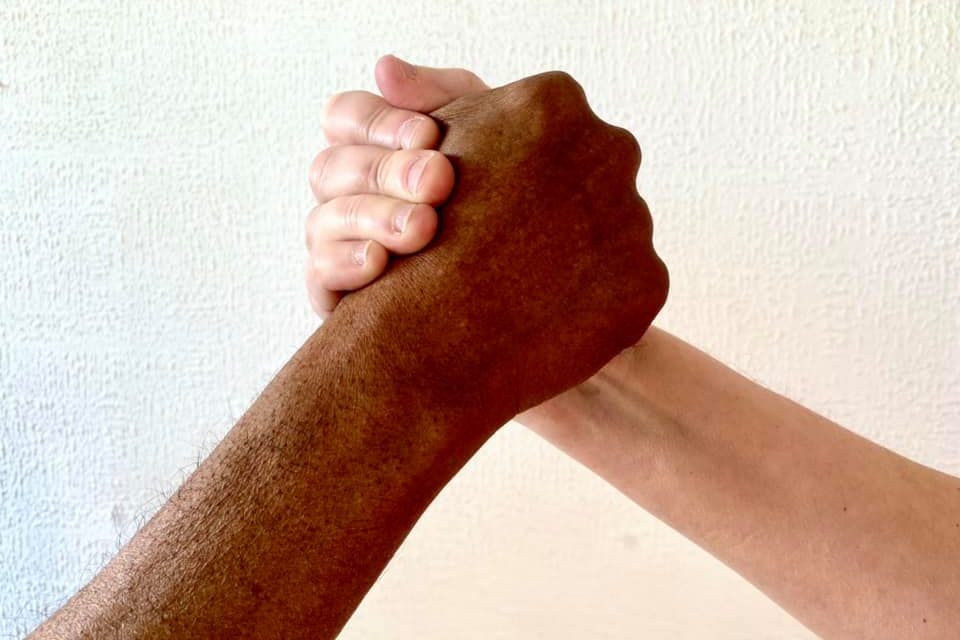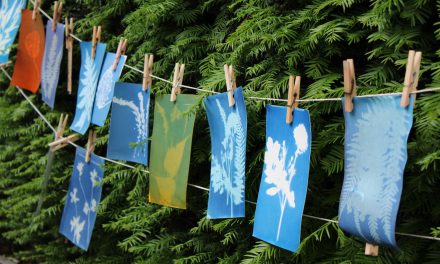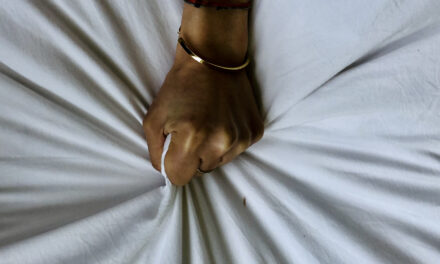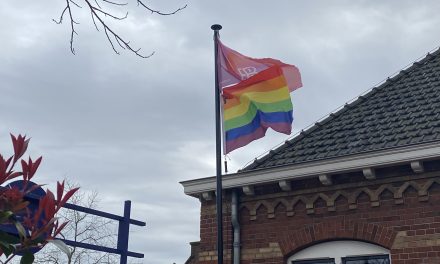On the 25th of November 1975, Suriname became an independent country and was no longer part of the Netherlands. Between 1970 and 1980, 300,000 Surinamese came to Holland. Because of colonization, Surinamese were able to speak Dutch. But when the language is the only thing you have in common with the local people, how do you integrate in a new country? John, who came to Holland when he was only 20 years old for a better future, talks about racism in Holland and being a foreigner in your own country.
When you were 20 years old, you came to Holland. How reveals racism itself in Suriname? Can you share a personal experience about this matter?
“To be honest, when I lived in Suriname, I didn’t know the meaning of the word racism. In Suriname racism is not black against white. In Suriname there are living many different population groups and between those groups there is racism. The racism in Suriname is also caused by politics. The two biggest political parties, that both represent a different population group, are diametrically opposed. As a kid in Suriname I didn’t notice this, also because in my class everyone was mixed and I played with every kid outside. But I know my father was really racist against different population groups.”
What are your personal experiences with racism in Holland?
“I came to Holland in 1973, before the large flow in 1975. I was welcomed warmly and it took only a few months before I found a job. In my first years living in Holland I didn’t experience much racism, but when a lot of Surinamese arrived in Holland in 1975, I started to notice change. Maybe the Dutch people felt threatened with this large amount of immigrants arriving. In this period of a time, crime arose and I think people connected this with the arrival of the Surinamese. I remember one time when I was in the tram and a white women came in the tram, she expected me to stand up for here, this happened often. There were also nightclubs where coloured people were not allowed. I think the most memorable situation was when I was picking up my child from school and a father on the schoolyard started to call me ‘Zwarte Piet’ and made fun of me in front of his kid.”
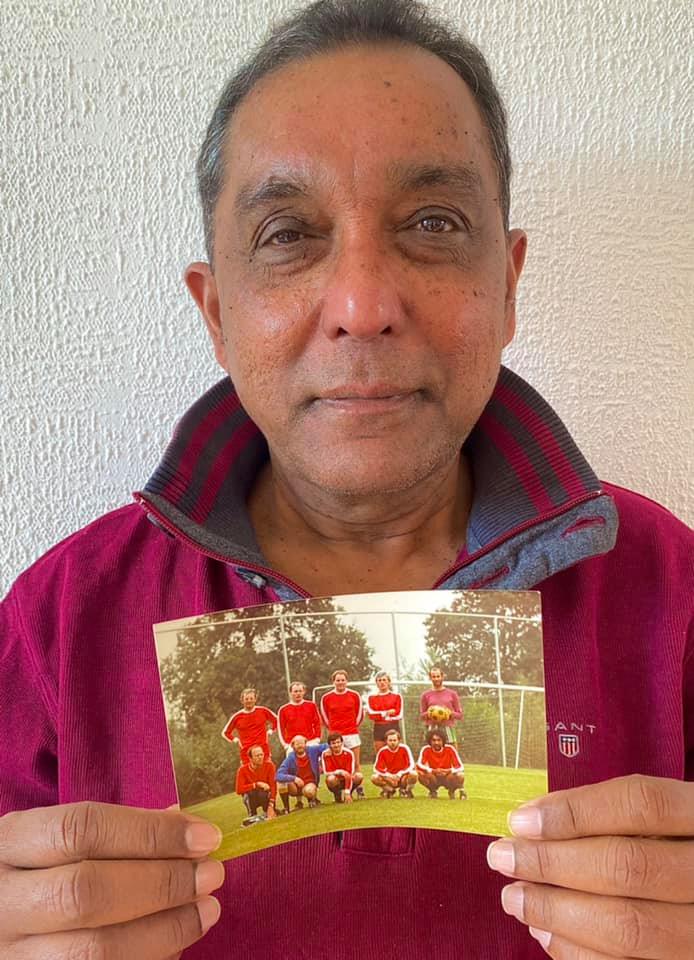
John holding a picture of himself as an only coloured man in a Dutch football team.
Racism is not always about being called names. The problem is also in getting jobs, housing market and labour market. Do you have experience with racism in these matters?
“Finding a house was never hard, via friends I was always able to find a house. But I heard via agencies, it was very hard for coloured people to find a house. In my job, I noticed that sometimes my boss was giving me a hard time. I didn’t receive a promotion when I knew I deserved it and my white colleague was receiving it by doing the same job. Luckily this situation quickly changed and I am not experiencing racism at work anymore.”
What do you experience on a daily basis that you know white people do not have to experience? Have there been moments in your life that you think in retrospect might have turned out differently if you were white?
“Luckily on a daily base I don’t experience much racism, but I really think that has to do with my attitude. I don’t always think about my colour and I don’t feel different from anyone in the world. I believe everyone is the same, coloured or not. I feel Dutch but also Surinamese, I just feel like I am the same human being as everyone else.”
How do you view the recent public debate? The Black Lives Matter-movement and the Zwarte Piet-discussion?
“Regarding the Zwarte Piet-discussion, I think the discussion is too much black against white. I believe there is another way of meeting halfway instead of being diametrically opposed. Many people feel attacked by this holiday, so why not respect that? I think the politics are playing a big part in this matter as well. Regarding the BLM-movement, I think it is really good this movement got so much attention. However, I think this is just the beginning of change. There is not going to be any change if the change don’t come from people’s inside. We are all responsible for the change that needs to happen, but the change needs to come from inside.
With the knowledge you have now, would you still made the same decision 40 years ago, when you could?
“Absolutely yes, I feel like my life had to go like this. I wouldn’t trade my life with anyone. I have a beautiful wife, children and a nice job and I feel lucky with my life here in Holland.”
